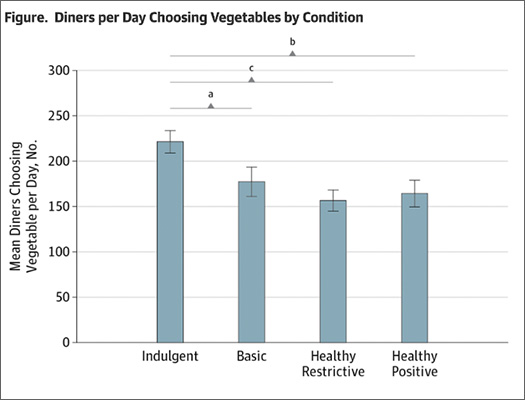Episode Highlights
Lateral Social Proof
The idea that people aren't independent decision-makers but, instead, they are often attracted to behaviors that appear commonplace. We're more likely to pick electric if it feels popular.
Linda Bacon's Study
The study titled 'Eating for the Environment' showed how behavioral sciences could be used to promote healthier dietary habits. The study found that having vegetarian dishes interspersed throughout the menu lead to more vegetarian food orders, while having them on separate menus led to less orders.
Turnwald Study
Psychologists from Stanford University found that the way vegetables are labeled affect how much people want them. Diners at self-serve food stations took vegetable dishes more often when they were labeled with decorative language—like "zesty" or "sweet sizzlin"—than when they were marked with a bland name or advertised as simply being healthy.
Resources & Useful Links
Want to dig deeper on the idea of social proof and the intention of actions gap? Here are some
additional resources that show how to make your brand more popular with consumers and the
importance of combining motivation with triggers to convert intention into action.







